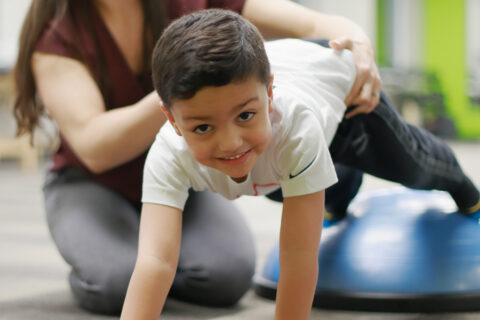The Crucial Role of Social Skills
Navigating the intricate maze of human interactions is an art, and just like any art form, it requires practice, understanding, and skill. The foundations of this art are laid in the early years of life. From the first babble to more complex conversations during teenage years, the journey of developing social skills is both fascinating and essential. Let’s delve into the profound importance of fostering these skills from toddlerhood and beyond.
- Laying the Groundwork: Toddlers and Pre-Schoolers
During the tender years of toddlerhood, children are like sponges, absorbing everything around them. This period is crucial for:
- Empathy development: Through simple acts like sharing toys or comforting a friend, toddlers begin to understand and express empathy.
- Communication skills: The transition from non-verbal cues to basic conversations teaches children the importance of both talking and listening.
- The School Years: A Platform for Deeper Connections
As children enter school, they’re introduced to a larger social circle. This phase is pivotal for:
- Teamwork: Group activities and projects highlight the importance of working together, respecting opinions, and aiming for common goals.
- Conflict Resolution: Disagreements are natural, but school-aged kids begin to learn the value of compromise, negotiation, and peaceful resolution.
- Adolescence: Navigating Complex Social Landscapes
Teenage years are marked by a quest for identity and a deeper understanding of one’s place in the social hierarchy. Here, social skills play a role in:
- Self-awareness and Identity: Interactions with peers shape self-perception. Teens learn about their strengths, weaknesses, beliefs, and values.
- Building Strong Relationships: Friendships during these years often leave lasting impressions. Good social skills ensure healthy relationships based on trust, understanding, and mutual respect.
- Lifelong Benefits of Strong Social Skills
The benefits of well-developed social skills extend beyond childhood and adolescence:
- Career Advancement: In the professional world, technical skills are valuable, but soft skills, including effective communication and teamwork, often set individuals apart.
- Mental Well-being: Strong social connections and the ability to navigate them can significantly reduce feelings of loneliness, depression, and anxiety.
- Building Communities: Individuals with good social skills often play pivotal roles in community building, bringing people together, and fostering mutual understanding and respect.
- Nurturing Social Skills: A Shared Responsibility
Parents, educators, and caregivers play a crucial role in this:
- Modeling Behavior: Children often imitate adults. By showcasing positive social interactions, adults can provide a template for kids to follow.
- Encouraging Group Activities: Team sports, group projects, and playdates can serve as excellent platforms for social learning.
- Open Conversations: Discussing feelings, social challenges, and victories can help children and teens process their experiences and learn from them.
In Conclusion
In an increasingly interconnected world, the ability to interact harmoniously with those around us is invaluable. The seeds of these abilities are sown early and, when nurtured with care, bloom into skills that enrich lives and societies. As we emphasize reading, writing, and arithmetic, let’s also champion the cause of social skills – the silent pillars of a successful, fulfilling life.


